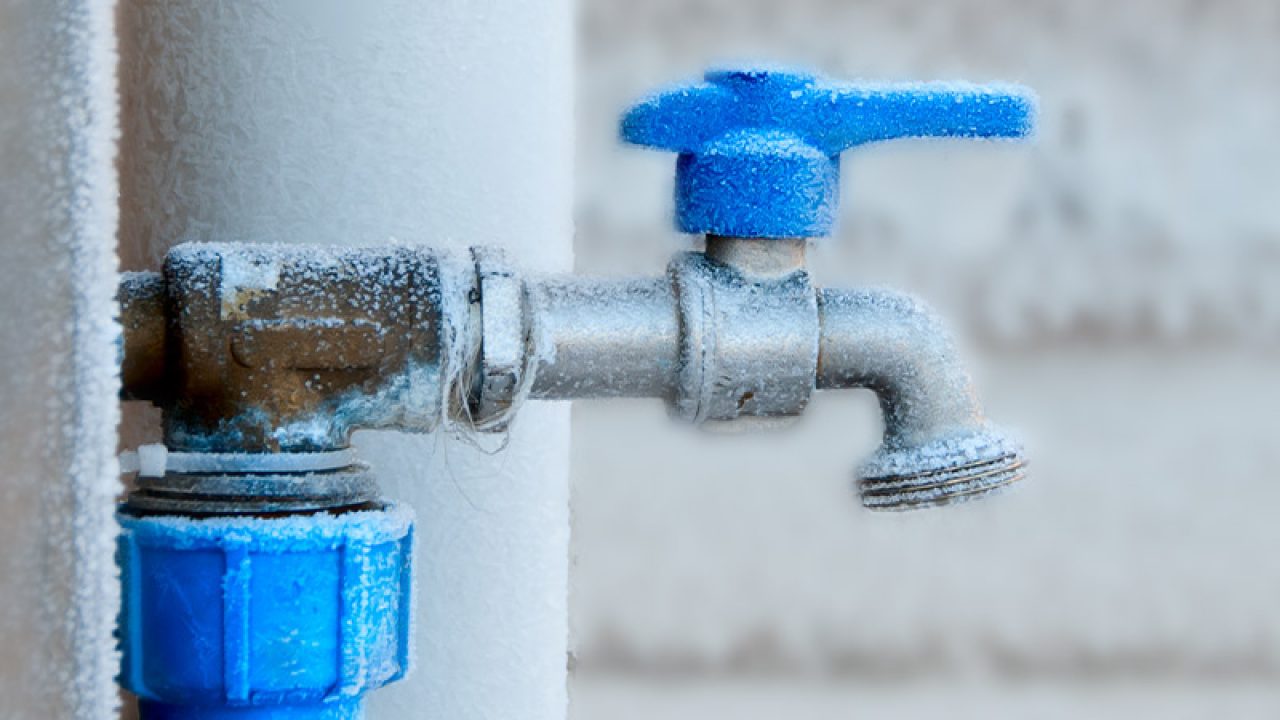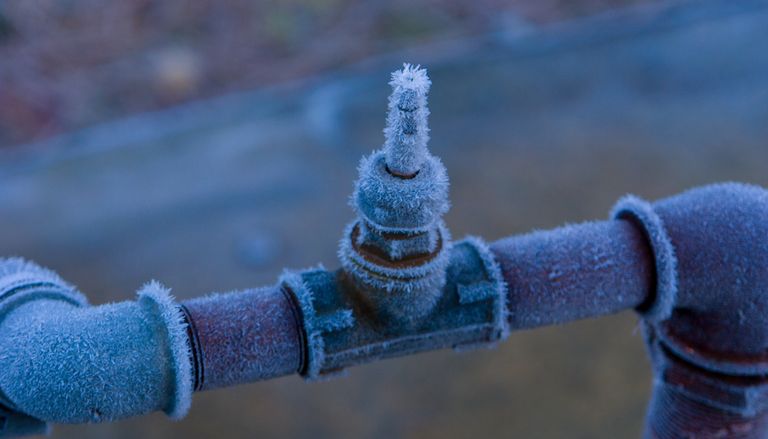How do you actually feel in relation to 6 Ways to Prevent Frozen Pipes?

Cold weather can damage your plumbing, specifically by freezing pipelines. Below's exactly how to prevent it from occurring and what to do if it does.
Intro
As temperature levels decline, the threat of icy pipes increases, possibly leading to expensive fixings and water damage. Recognizing exactly how to prevent frozen pipelines is essential for property owners in cold climates.
Understanding Frozen Pipes
What causes pipes to ice up?
Pipelines ice up when exposed to temperatures listed below 32 ° F (0 ° C) for prolonged durations. As water inside the pipes freezes, it increases, taxing the pipeline wall surfaces and possibly causing them to rupture.
Threats and damages
Icy pipelines can bring about water disturbances, residential property damages, and costly fixings. Burst pipelines can flooding homes and create substantial structural damages.
Indicators of Frozen Pipeline
Recognizing frozen pipes early can stop them from bursting.
Just how to recognize frozen pipes
Look for lowered water circulation from taps, uncommon smells or noises from pipes, and noticeable frost on exposed pipes.
Prevention Tips
Insulating at risk pipelines
Cover pipelines in insulation sleeves or make use of heat tape to protect them from freezing temperature levels. Concentrate on pipes in unheated or outside locations of the home.
Home heating techniques
Keep indoor areas sufficiently heated up, especially areas with pipes. Open closet doors to enable warm air to flow around pipes under sinks.
Securing Outdoor Pipes
Yard tubes and exterior taps
Detach and drain yard pipes before winter. Mount frost-proof faucets or cover outside taps with shielded caps.
What to Do If Your Pipelines Freeze
Immediate actions to take
If you presume frozen pipelines, keep taps open to ease pressure as the ice melts. Use a hairdryer or towels taken in hot water to thaw pipes gradually.
Long-Term Solutions
Architectural modifications
Take into consideration rerouting pipelines away from exterior walls or unheated areas. Add additional insulation to attic rooms, basements, and crawl spaces.
Updating insulation
Invest in high-grade insulation for pipes, attics, and wall surfaces. Appropriate insulation aids maintain consistent temperature levels and reduces the danger of icy pipelines.
Final thought
Preventing frozen pipes calls for positive measures and fast responses. By understanding the reasons, signs, and safety nets, homeowners can secure their plumbing throughout cold weather.
Helpful Tips to Prevent Frozen Pipes this Winter
UNDERSTANDING THE BASICS: WHY PIPES FREEZE AND WHY IT’S A PROBLEM
Water freezing inside pipes is common during the winter months, but understanding why pipes freeze, and the potential problems it can cause is crucial in preventing such incidents. This section will delve into the basics of why pipes freeze and the associated problems that may arise.
THE SCIENCE BEHIND FROZEN PIPES
When water reaches freezing temperatures, it undergoes a physical transformation and solidifies into ice. This expansion of water as it freezes is the primary reason pipes can burst. As the water inside the pipe freezes, it expands, creating immense pressure on the walls. If the pressure becomes too great, the pipe can crack or rupture, leading to leaks and water damage.
FACTORS THAT CONTRIBUTE TO PIPE FREEZING
Low Temperatures: Extremely cold weather, especially below freezing, increases the risk of pipes freezing. Uninsulated or Poorly Insulated Pipes: Pipes located in unheated areas, such as basements, crawl spaces, or attics, are more prone to freezing. Insufficient insulation or lack of insulation altogether exacerbates the problem. Exterior Wall Exposure: Pipes running along exterior walls are susceptible to freezing as they encounter colder temperatures outside. Lack of Heating or Temperature Regulation: Inadequate heating or inconsistent temperature control in your home can contribute to frozen pipes. PROBLEMS CAUSED BY FROZEN PIPES
- Pipe Bursting: As mentioned earlier, the expansion of water as it freezes can cause pipes to burst, resulting in significant water damage.
- Water Damage: When pipes burst, it can lead to flooding and water damage to your property, including walls, ceilings, flooring, and personal belongings.
- Structural Damage: Prolonged exposure to water from burst pipes can compromise the structural integrity of your home, leading to costly repairs.
- Mold and Mildew Growth: Excess moisture from water damage can create a favorable environment for mold and mildew growth, posing health risks to occupants.
- Disrupted Water Supply: Frozen pipes can also result in a complete or partial loss of water supply until the issue is resolved.
WHY CERTAIN PIPES ARE MORE PRONE TO FREEZING
- Location: Pipes located in unheated or poorly insulated areas, such as basements, crawl spaces, attics, or exterior walls, are at higher risk of freezing.
- Exterior Pipes: Outdoor pipes, such as those used for irrigation or exposed plumbing, are particularly vulnerable to freezing as they are directly exposed to the elements.
- Supply Lines: Pipes that carry water from the main water supply into your home, including the main water line, are critical to protect as freezing in these lines can affect your entire plumbing system.
- Underground Pipes: Pipes buried underground, such as those connected to sprinkler systems or outdoor faucets, can be susceptible to freezing if not properly insulated.
https://busybusy.com/blog/helpful-tips-to-prevent-frozen-pipes-this-winter/

As an avid reader about Preventing and dealing with frozen pipes, I was thinking sharing that blog post was worthwhile. Sharing is nice. Who knows, you will be helping someone out. Thank-you for your time spent reading it.
Book With Us Today!